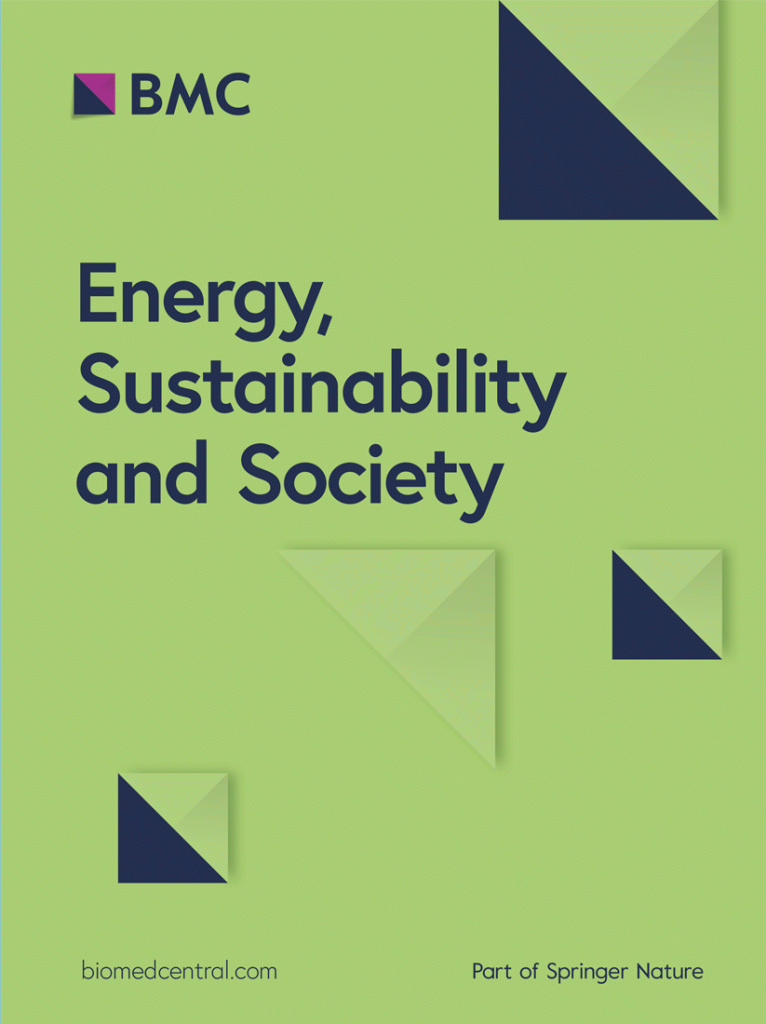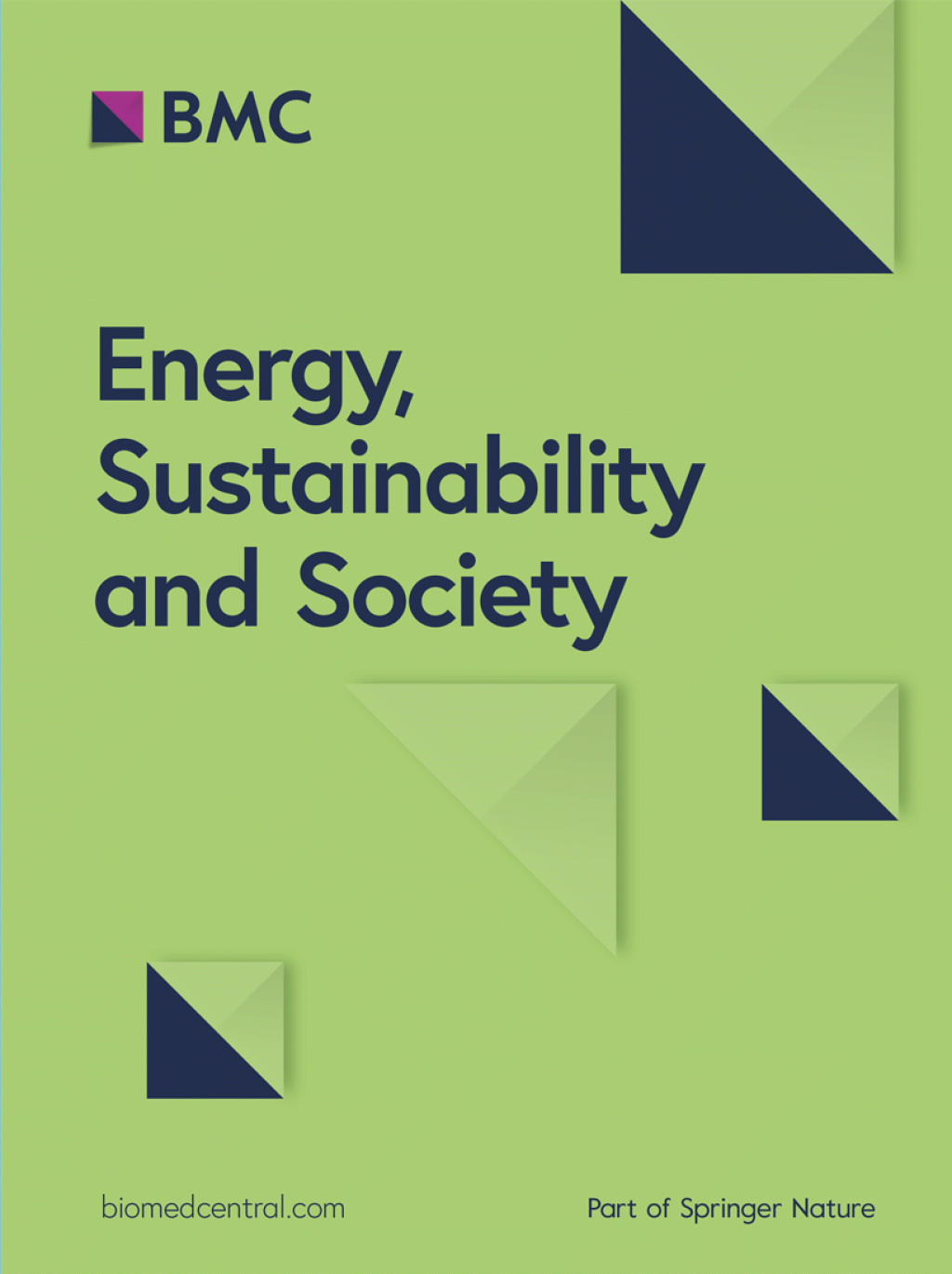Public support and willingness to pay for a carbon tax in Hungary: can revenue recycling make a difference?
Abstract
Background
To curb human-made carbon-dioxide emissions, the European Union will introduce carbon pricing for buildings and transport in 2027. Central and East European (CEE) countries are pressured to embark on ambitious decarbonization pathways leading to carbon-neutral economies by 2050. This paper is the first to investigate the public acceptance of and the willingness to pay (WTP) for a carbon tax in a CEE country, Hungary. It analyzes the support-increasing effects of five revenue-recycling mechanisms (tax cuts, green spending, support for poor households, funding for health care and education, and debt reduction), a wider range than covered in previous studies. A national face-to-face survey of 3013 adults on public attitudes to climate change, conducted in summer 2022, is the main method of data collection. This is combined with secondary analysis of related statistics and documentary analysis of relevant materials.
Results
The results show low public acceptance, with only a modest increase from 20.3% to 27.3% due to revenue recycling. This is accompanied by low WTP values and WTP increases. All these are lower than those found in Western surveys. A novel empirical result is the relative popularity of public health care and education in revenue recycling, though differences in revenue-recycling preferences are apparent between those who accept a carbon tax even without a redistribution mechanism and those who are willing to pay only if redistribution is included. Green spending also performed relatively well, while supporting the poor fared less well, albeit with relatively high WTP values. Reducing taxes and public debt were the least likely to instigate carbon-tax acceptance.
Conclusions
The results highlight the importance of carefully assessing the distributional impact of implementing carbon pricing mechanisms and thoroughly integrating social considerations into climate policy. Based on this, as well as the analysis of the social conditions and political economy of climate policy development in Hungary, policies—such as a gradually increasing carbon tax, social cushioning, legal earmarking of carbon-tax revenues, and policy bundling—are proposed to make carbon pricing socially tolerable and politically acceptable. The findings and conclusions might also be relevant for other parts of the CEE region.




